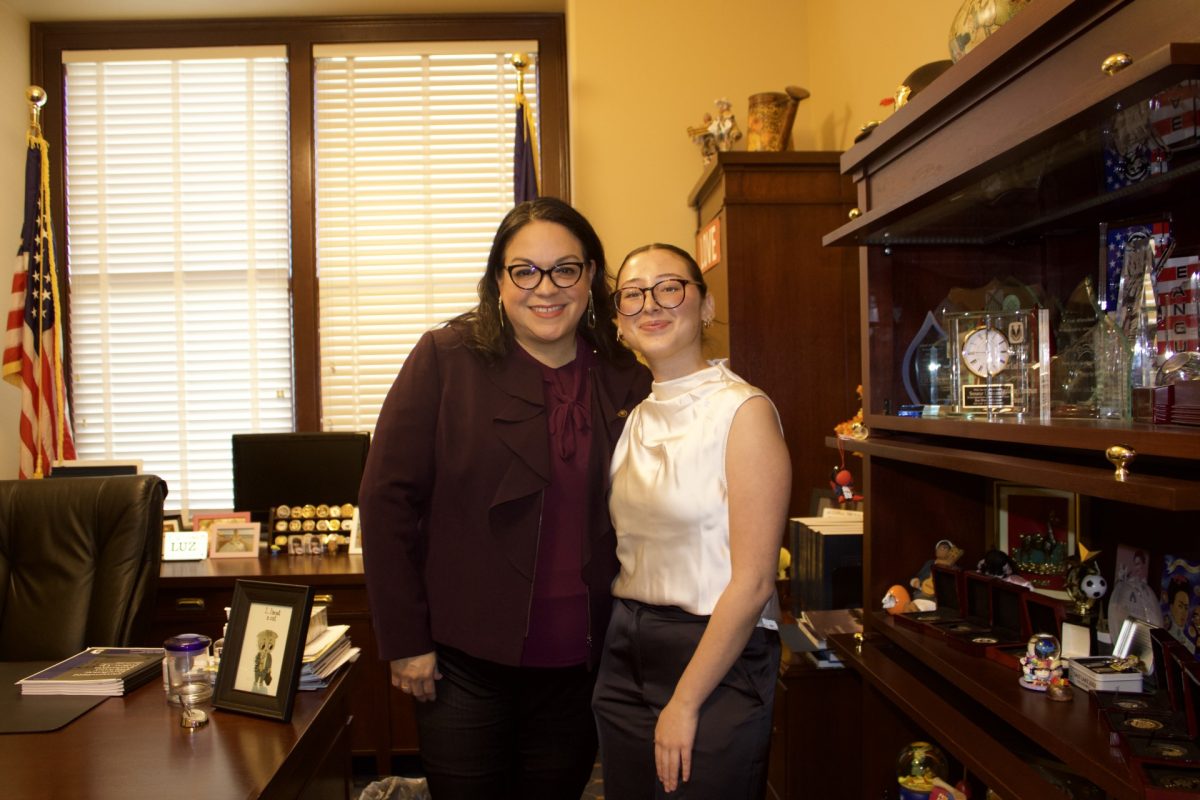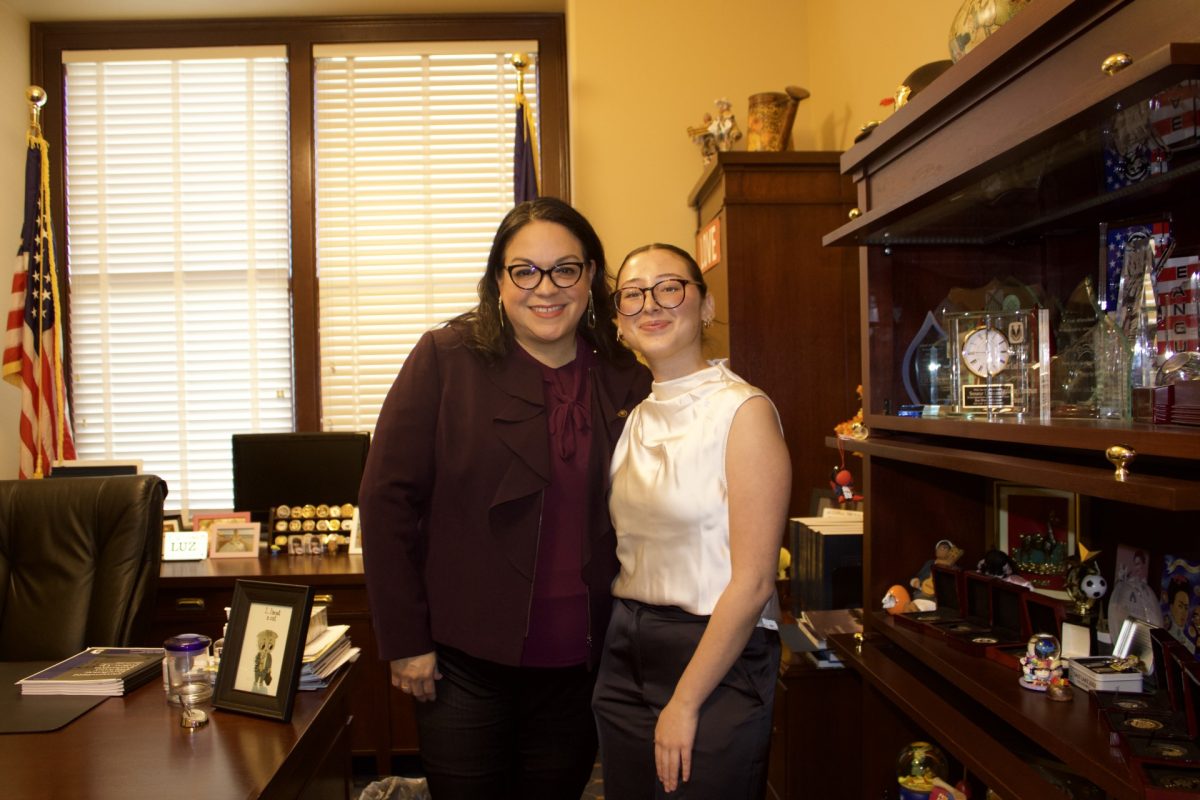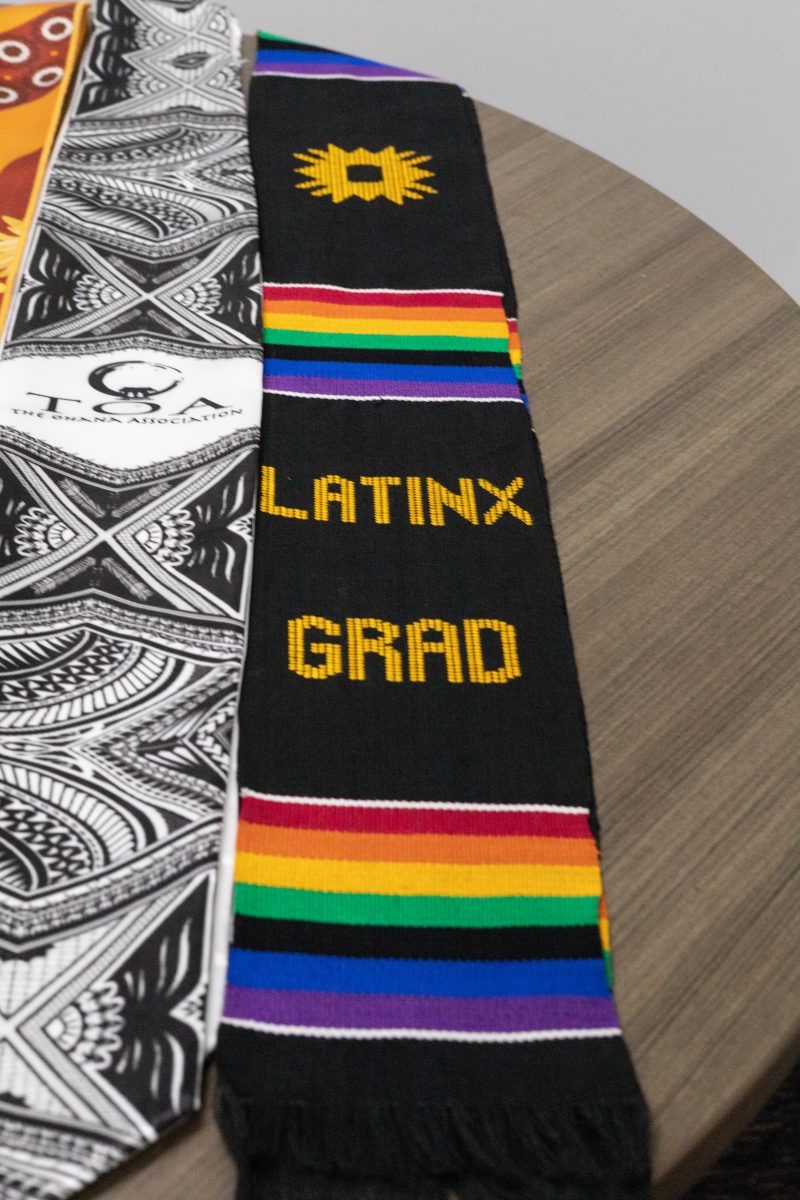
At a free screening of “Arrival,” the premise of which plays with the power of language’s influence on perception, audience members had a chance to ask linguists questions about the forms of language depicted in the film during the Language Matters event series hosted by the Weber State University Language Department.
The movie’s plot centers around an alien invasion wherein the extraterrestrial beings communicate through creating circular symbols in their vaporous atmosphere to express themselves. These circles resemble ink blots, each segment of which represents a feeling or word, the circle as a whole representing a sentence.
Amy Adams plays Louise Banks, a linguistics professor who is the lead specialist in understanding the aliens’ language. Eventually, she figures out how to read the inky symbols and discovers that their language becomes even more difficult to understand because they perceive time non-linearly.
The Sapir-Whorf hypothesis, which serves as the foundation of the film’s premise, suggests that the structure of a language determines or greatly influences the modes of thought and behavior characteristic of the culture in which it is spoken.
Rosemary Conover, a professor in the Anthropology Department; Aaron Ashley, the Psychology Department chair; and Timothy Conrad, a professor in the English Department, were the three panelists for the movie screening.
Conover said, looking at history, three factors have the biggest influences on language and its understanding: language, cognition and culture.
She offered a quote from Benjamin Lee Whorf to further explain the hypothesis: “Language reflects and constraints thought.”
Conrad touched briefly on the importance of empathy and feelings when it comes to language. “She (Louise Banks) also realizes that in the interaction hypothesis, empathy is very important when trying to learn another language, another person’s culture,” Conrad said.
Although only a small group attended the screening, not everyone was a student of the linguistics program. As attendee Georgette LeTourneau said, “It’s interesting. There’s a little bit for everyone to get out of linguistics. It’s definitely for everyone.”













